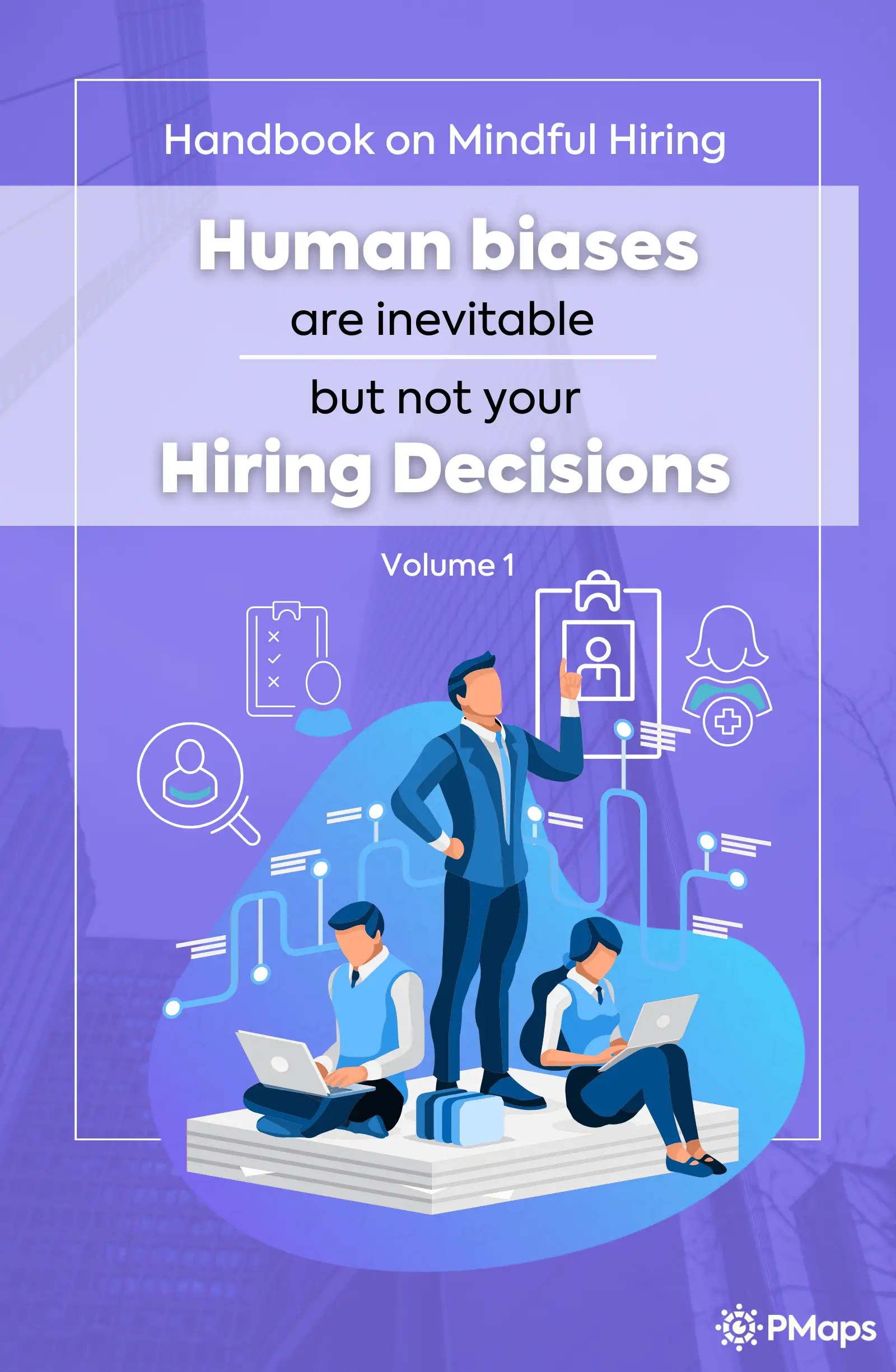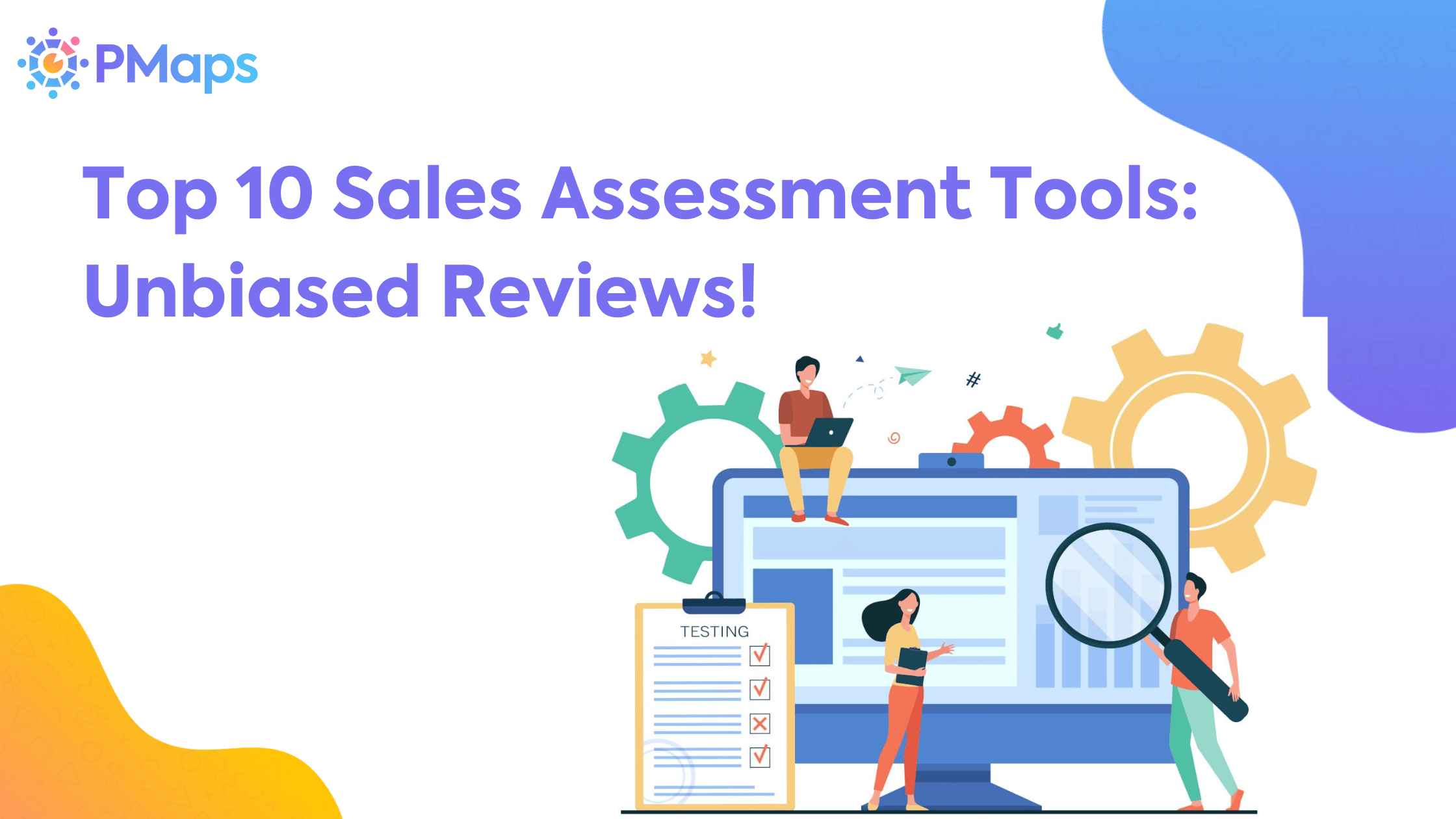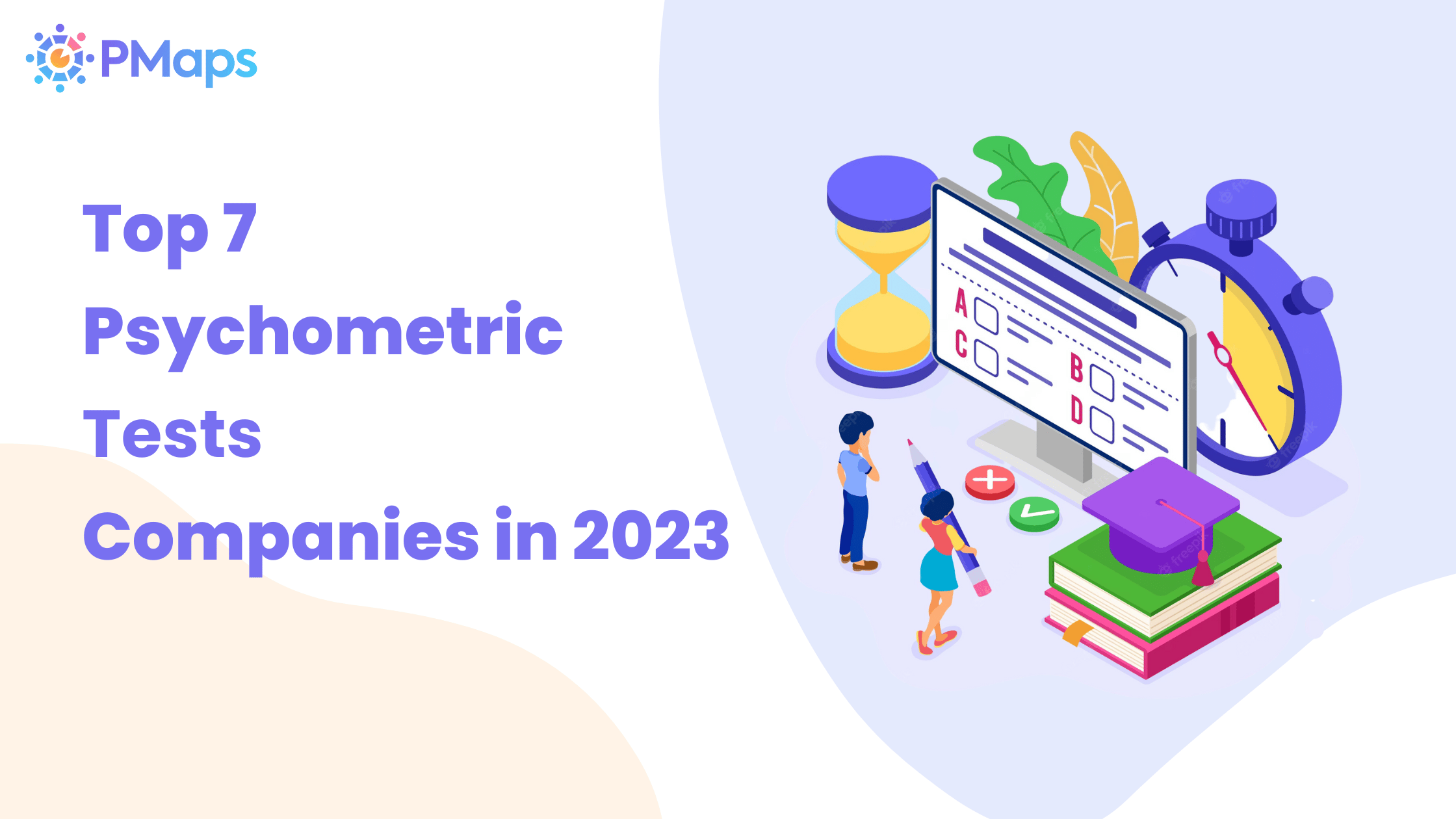
In 2025, coding assessment tools will become non-negotiable for companies hiring developers. With technical roles expanding and competition for skilled talent intensifying, traditional CVs and interviews no longer provide enough clarity. Whether you're hiring one developer or scaling an entire tech team, online coding assessment tools are now essential to identify real-world coding ability quickly and fairly.
This guide breaks down everything decision-makers need to know about these platforms. You’ll learn:
- What coding assessment software actually does
- Why it’s become a staple in modern hiring
- The top coding assessment companies and platforms in 2025
- Key features, pricing, pros, and pitfalls
- How to choose the right solution for your hiring goals
What Is a Coding Assessment Tool?
A coding assessment tool is a digital platform used to evaluate programming knowledge and practical coding skills through structured tests. Employers use these tools to screen candidates efficiently before or during technical interviews. These platforms simulate real coding environments and often include auto-evaluation features, plagiarism detection, and ATS integrations.
You may also hear other terms used interchangeably:
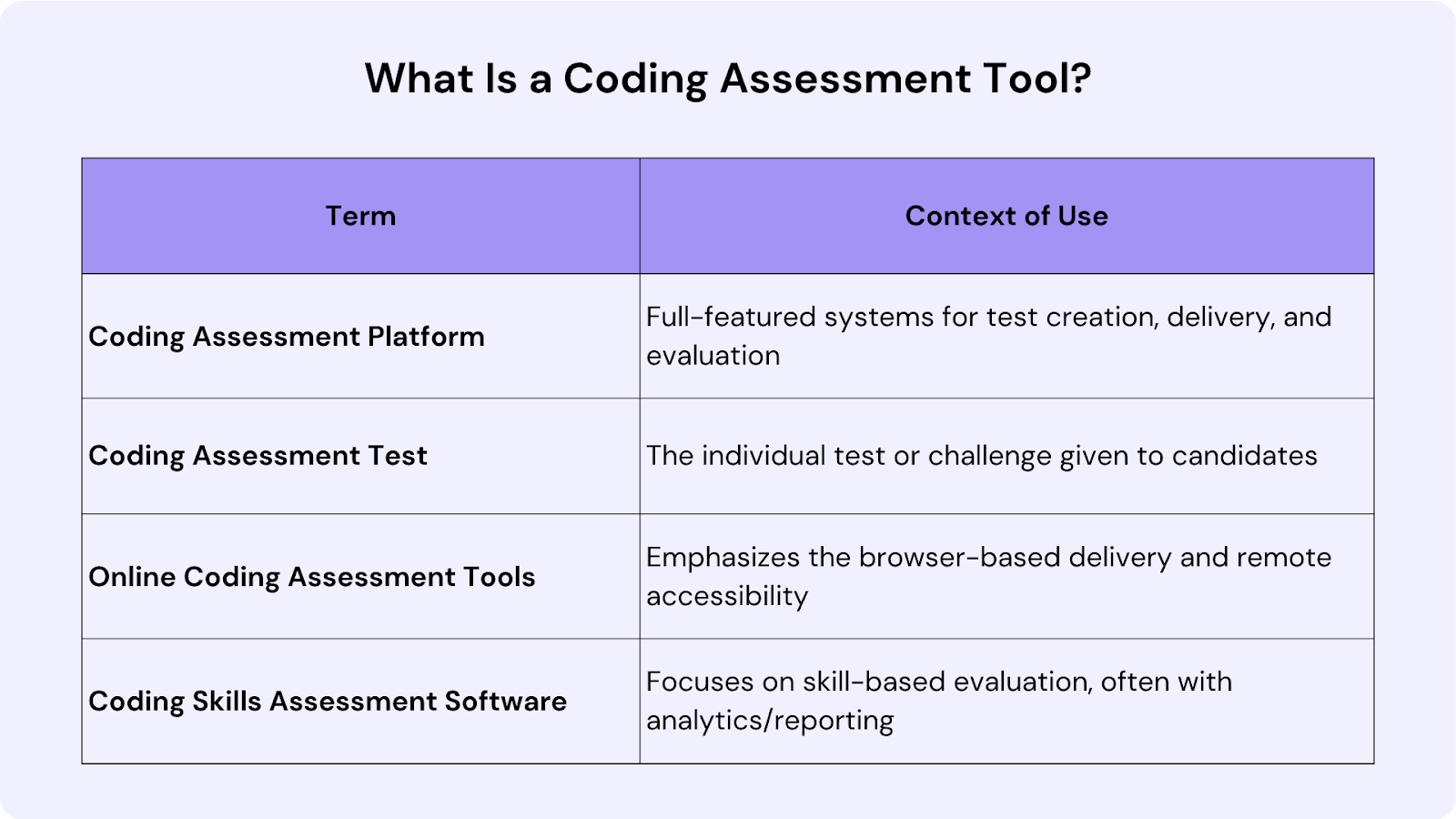
Why Companies Use Coding Assessment Tools in 2025
Hiring skilled developers in 2025 is not just about filling roles—it's about reducing costly mis-hires, improving team productivity, and staying competitive in a tech-driven economy. With the global tech talent shortage persisting, companies are relying on coding assessment tools to make smarter, faster, and more objective hiring decisions.
The Problem: Too Many Applicants, Too Little Insight
A recent study by DevSkiller found that over 70% of tech recruiters receive unqualified applicants for every technical role. Resume screening alone often fails to reflect actual coding ability. Without reliable pre-screening, HR teams waste hours on interviews that go nowhere.
The Solution: Skill-Based, Scalable Screening
Coding assessment platforms address this by offering structured, role-specific tests that validate hands-on programming skills. These platforms are now widely used to:
- Cut screening time by up to 60%
- Increase hiring accuracy and objectivity
- Standardize evaluation across regions and hiring teams
Many tools include real-time code playback, AI-assisted scoring, and cheat detection. These features help maintain fairness and integrity while scaling up hiring processes.
Why 2025 Is a Turning Point
This year, three key factors are accelerating adoption:
- Remote and hybrid hiring models demand remote-friendly evaluation methods.
- GenAI developers and new tech stacks require updated test formats and real-world problem-solving scenarios.
- Diversity and inclusion initiatives are pushing companies to evaluate candidates based on skill—not background.
Top Coding Assessment Platforms in 2025
In a crowded field of hiring tech, the most effective coding assessment tools are those that balance candidate experience, depth of skill evaluation, and hiring efficiency. Below is a curated list of platforms leading the way in 2025.
1. PMaps
PMaps is built for modern hiring teams looking to assess both coding skills and workplace behavior. Its role-specific tests combine technical accuracy with psychometric insights—making it a reliable tool for hiring developers who also fit culturally.
Pros:
- Combines coding and psychometric evaluation
- DEI-friendly, bias-reduced testing format
- ATS-friendly with customizable reports
Cons:
- Newer tech stack may require onboarding time
- Smaller template library than legacy tools
2. HackerRank
HackerRank remains a trusted choice for enterprise teams hiring at scale. The platform offers deep question libraries, robust anti-cheating features, and integrated interview tools for technical hiring across global teams.
Pros:
- Recognized by Fortune 500 tech companies
- Real-time collaboration for interviews
- Supports over 35 programming languages
Cons:
- Steeper learning curve for HR teams
- High cost for smaller organizations
3. Codility
Codility prioritizes candidate experience without compromising technical evaluation. With a clean interface and real-time collaboration features, it’s popular among teams with distributed developers and high-volume pipelines.
Pros:
- Smooth candidate experience
- Built-in plagiarism detection
- Simple setup and reporting tools
Cons:
- Limited ATS integrations on basic plans
- Not ideal for highly customized roles
4. CodeSignal
CodeSignal is ideal for bulk hiring, especially in early-career or graduate-level roles. It offers standardized tests, certified scorecards, and strong anti-cheating protocols to maintain fairness at scale.
Pros:
- GCA test benchmarked across candidates
- Good for entry-level hiring
- Real-time proctoring tools
Cons:
- Less tailored for experienced developers
- Standardized tests may lack depth
5. TestGorilla
TestGorilla offers an all-in-one solution for teams hiring across technical and non-technical roles. It includes coding assessments along with cognitive and personality tests, suited for evaluating full-stack profiles.
Pros:
- Large test library across skill types
- Beginner-friendly test setup
- Affordable plans for small teams
Cons:
- Less depth in advanced technical tests
- Branding customization is limited
6. Coderbyte
Coderbyte focuses on practical skill testing through real-world scenarios. Its project-based approach makes it popular with hiring managers who want to see how candidates handle realistic code problems.
Pros:
- Strong support for project-based testing
- Playback and code review tools
- Developer-first interface
Cons:
- Lacks robust analytics for large teams
- Limited role-specific templates
7. Qualified.io
Qualified.io appeals to engineering-led teams who want full control over assessments. It simulates a full coding IDE and supports Git-based workflows, ideal for advanced roles.
Pros:
- Ideal for senior developers and custom projects
- High realism via in-browser IDE
- Version control support
Cons:
- Requires technical knowledge to set up
- Not tailored for high-volume hiring
8. Qodo.ai
Qodo.ai provides quick, flexible test creation for fast-moving hiring teams. It focuses on adaptive testing and DEI-friendly assessments to ensure fair and efficient candidate screening.
Pros:
- DEI-aligned question design
- Smart test recommendations
- Auto-scoring with skill heatmaps
Cons:
- Still maturing in enterprise integrations
- Limited support for live interviews
9. HireHunch
HireHunch offers AI-driven coding assessments and strong collaboration features. It’s designed for tech teams that want structured interviews and automatic evaluation in a single tool.
Pros:
- Live interviews with AI-generated scores
- Scenario-based assessments
- Intuitive candidate review dashboard
Cons:
- Still gaining traction in global markets
- Pricier than similar platforms
10. WeCreateProblems
WeCreateProblems takes a puzzle-first approach to coding assessments. It caters to companies looking for deep analytical thinking in tech roles, especially product-heavy teams.
Pros:
- Engaging, non-traditional coding questions
- Customizable challenge formats
- Strong anti-cheat and time-boxing
Cons:
- May confuse non-traditional candidates
- Niche appeal outside general hiring
The Future of Coding Assessment Tests in 2025 and Beyond
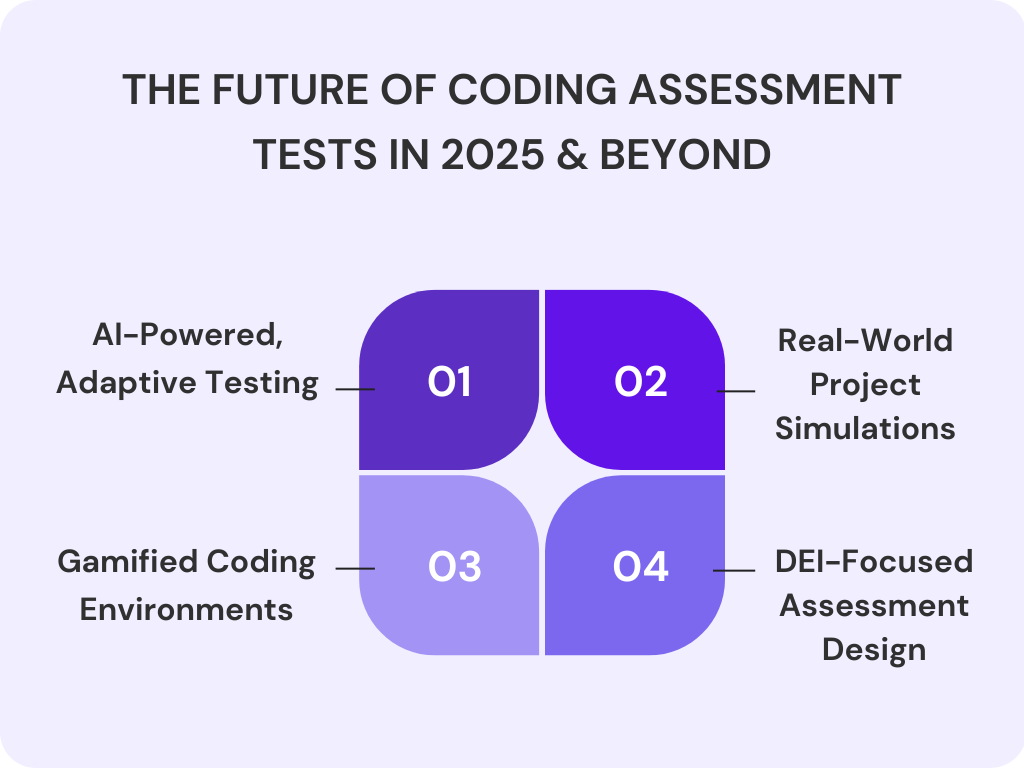
As technology hiring evolves, so do the tools used to assess developer talent. The future of coding assessment tests lies in making evaluations more predictive, inclusive, and aligned with real-world scenarios. In 2025 and beyond, several trends are reshaping how companies screen tech candidates.
AI-Powered, Adaptive Testing
Coding assessments are becoming smarter. AI now adapts question difficulty in real-time based on candidate responses. This helps distinguish top-tier talent from those with memorized solutions, giving hiring managers more actionable insights.
Real-World Project Simulations
Companies are shifting from generic coding puzzles to project-based evaluations that mirror actual job tasks. Instead of solving abstract problems, candidates complete tasks like building APIs, debugging scripts, or optimizing legacy code.
Gamified Coding Environments
To improve engagement and reduce test fatigue, gamification is gaining traction. Platforms now offer leaderboard challenges, time-based quests, and scenario simulations that feel more like coding games than exams.
DEI-Focused Assessment Design
Bias-free hiring is no longer optional. Platforms like PMaps are leading efforts to design inclusive, psychometrically valid coding assessments that reduce cultural, language, and education-based bias—making it easier to hire based on ability, not background.
Conclusion
Coding assessment tools are foundational for hiring teams tasked with evaluating real coding skills under pressure. With technical roles becoming more complex and competition for developers at an all-time high, these tools offer much-needed clarity, speed, and structure.
The right platform depends on your goals. Whether you’re hiring at scale or looking for deep, role-specific insights, what matters is the ability to assess skill fairly and efficiently.
For teams that value both technical accuracy and cultural alignment, PMaps stands out with its unique combination of coding and psychometric testing, DEI-ready design, and customizable workflows. Want to see it in action? Connect with the team at 8591320212 or email assessment@pmaps.in to find the right fit for your tech hiring process.


